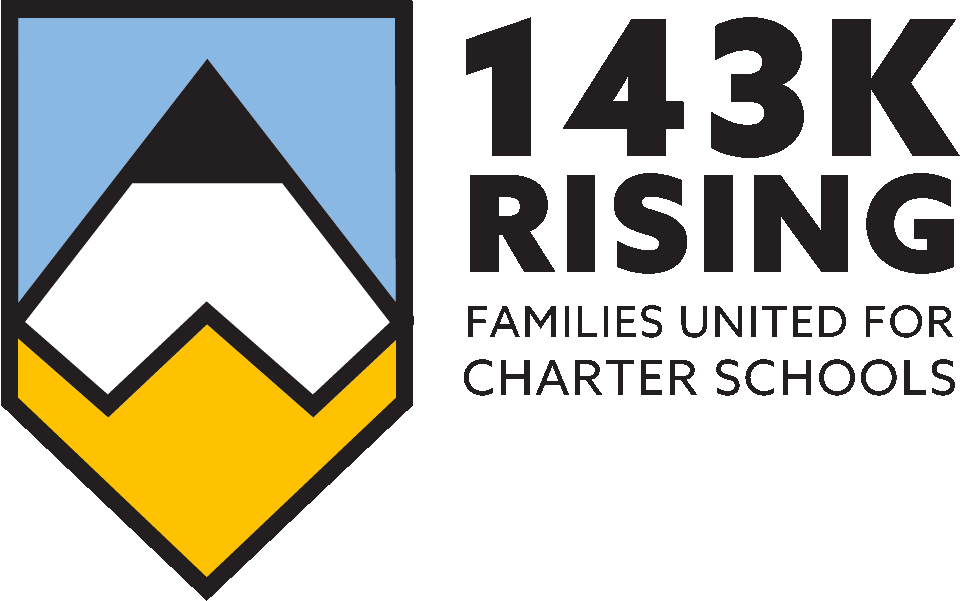Harrisburg — This afternoon, Stanford University’s Center for Research on Education Outcomes (CREDO) released a report, in consultation with the Pennsylvania Department of Education, on the performance of charter schools in the Commonwealth. The report, Charter School Performance in Pennsylvania 2019, presented data and findings on student academic performance, charter school performance and the impact of cyber charter schools on student achievement. The following is a statement from Ana Meyers, Executive Director of the Pennsylvania Coalition of Public Charter Schools, on the report and its findings.
“Pennsylvania’s charter school community is appreciative of any opportunity to have a data-based conversation about the performance of their schools, when far too often the discussion about charter schools revolves around unfounded political rhetoric. Despite what many charter opponents claim, the CREDO report clearly shows that Pennsylvania’s charter school are educating: a higher percentage of students in poverty compared to traditional public schools (66 percent compared to 43 percent); a higher percentage of special education students than district schools (16 percent compared to 15 percent); and a significantly higher percentage of black students compared to traditional public schools (43 percent compared to 12 percent).
The CREDO report reinforces what we already know about the successes that our brick-and-mortar charter schools are producing, especially for minority students in urban communities. The report clearly shows that Pennsylvania’s brick-and-mortar charter schools are going toe-to-toe with traditional public schools and are coming out on top.
At the same time that we celebrate the successes of our brick-and-mortar charter schools, we believe that the report fails to include important information that must be considered when evaluating cyber charter schools. It is important to recognize that the data used in the report is dated and fails to acknowledge the substantial changes cyber charter schools in our state have made to facilitate continued improvements that are not reflected in this study.
It is also important to point out that cyber charter schools in Pennsylvania will naturally have a higher percentage of white students than their brick-and-mortar peers. In Pennsylvania, our rural, poor population is predominately white and these areas offer very few or no brick-and-mortar charter options in their region. Our urban student communities, more largely represented by students of color, will naturally be the majority of those who attend a brick-and-mortar charter school. The brick-and-mortar charter school will reflect the demographic and socioeconomic profile of the traditional public schools within their geographic boundaries. Therefore, the demographics of a cyber charter schools is more representative of Pennsylvania as a whole, not a specific region of the state, since they pull students from throughout the state.
The biggest failure of the CREDO report was the lack of consideration of the demand for charter schools throughout Pennsylvania and the reasons, beyond academic performance, that a family may choose a charter school. In February 2019, the Philadelphia Inquirer reported that “nearly 30,000” students in Philadelphia applied for admission to a charter school in the 2019-20 school year. Enrollment in cyber charter schools continues to grow, as well, and there are many reasons families choose an online education. Parents who choose the cyber charter option are not only focused on test scores, but are also looking to enable their children to learn in a flexible environment where they are encouraged, feel safe, and can learn at their own pace and in their own way. There are many families choosing the cyber charter option because their child has difficulties functioning in a traditional school environment. In many cases, if students did not have the cyber charter school option, many would most likely drop out of the traditional public school system and would be excluded from the education process altogether.
Pennsylvania cyber charter schools will continue to strive for student-focused education and improve their performance serving students that are at risk or in need of an alternative method of education.”
###
Media Contact
Jessica Hickernell
j.hickernell@pacharters.org
About the Pennsylvania Coalition of Public Charter Schools (PCPCS)
PCPCS is the leading voice of charter schools in the state of Pennsylvania – representing both brick-and-mortar and cyber schools throughout the Keystone State. We are dedicated to choice, quality, and accountability in public education. We advocate for legislation and policies that support those objectives and provide assistance to charter schools, with the aspiration of making every charter school in Pennsylvania a high performing public school. More than 90,000 children are enrolled in 167 charter schools throughout the Commonwealth and more than 40,000 are on waiting lists.
For more information on PCPCS or charters schools, visit www.pacharters.org.
